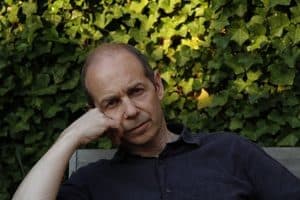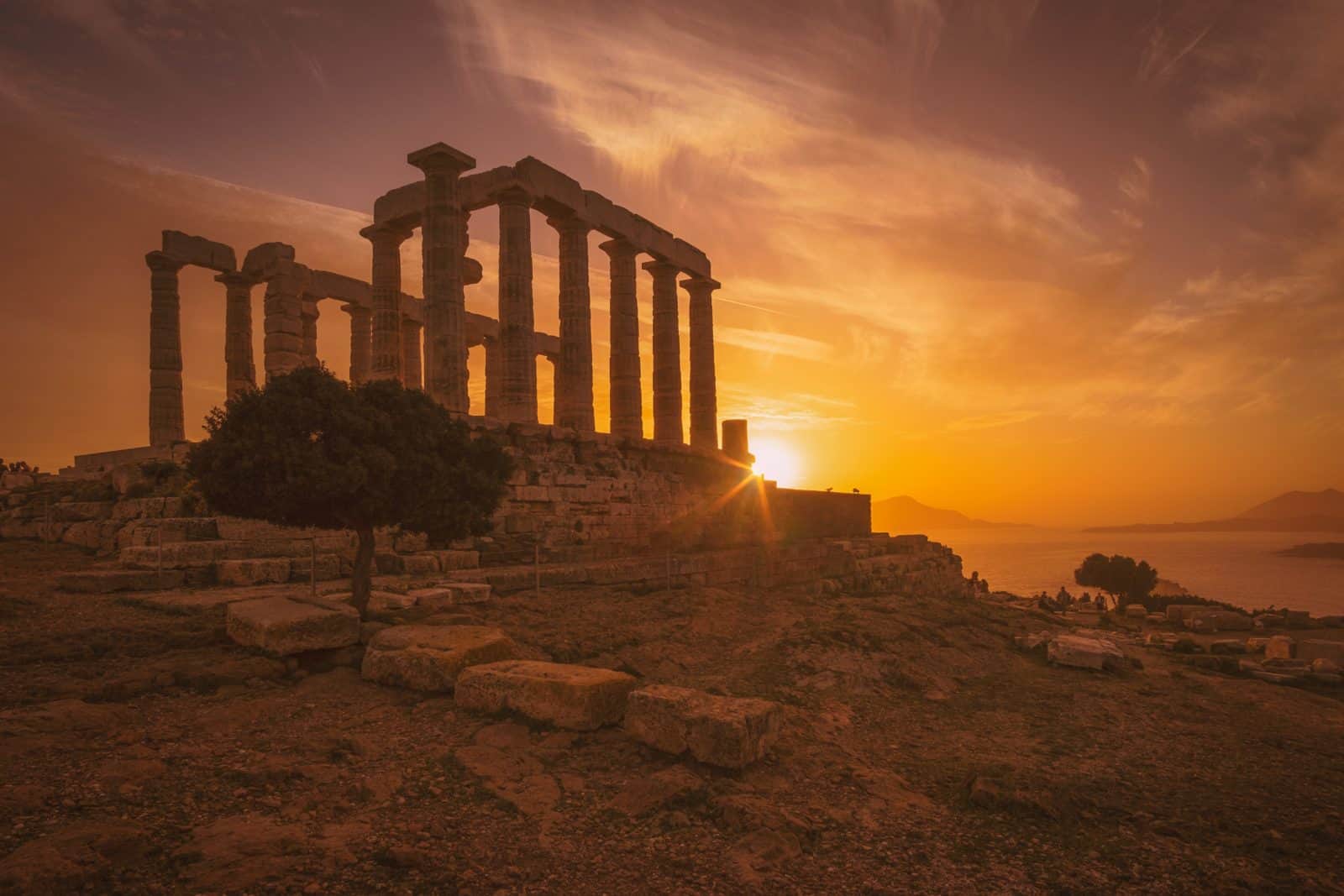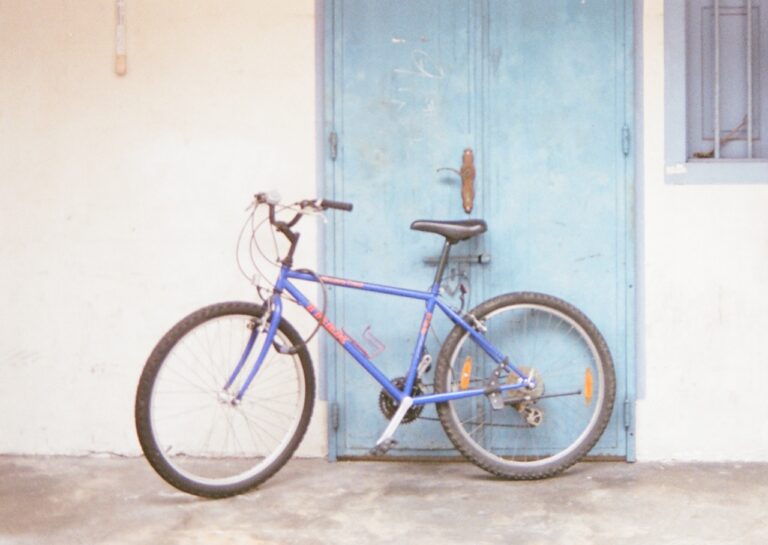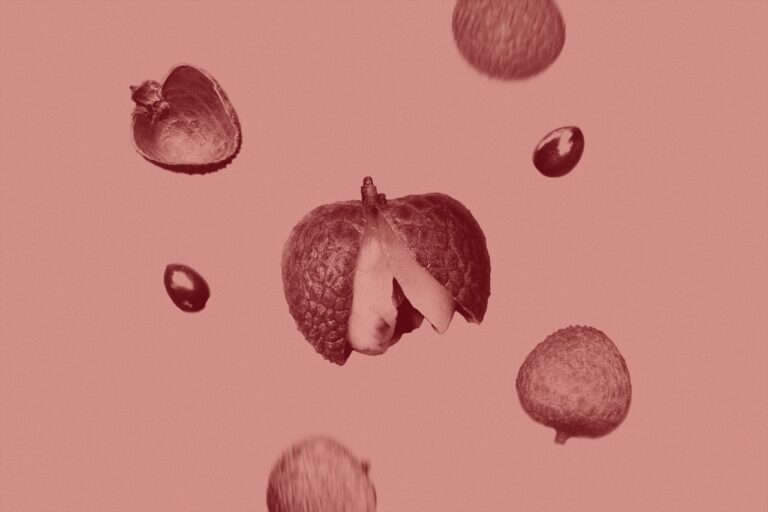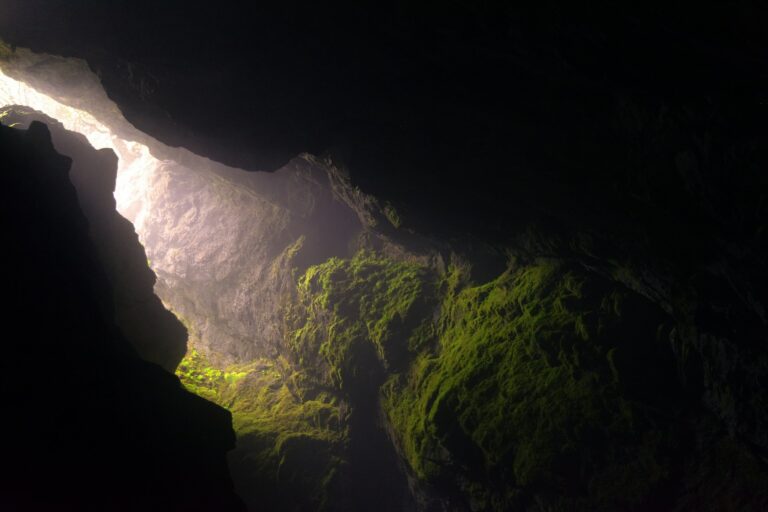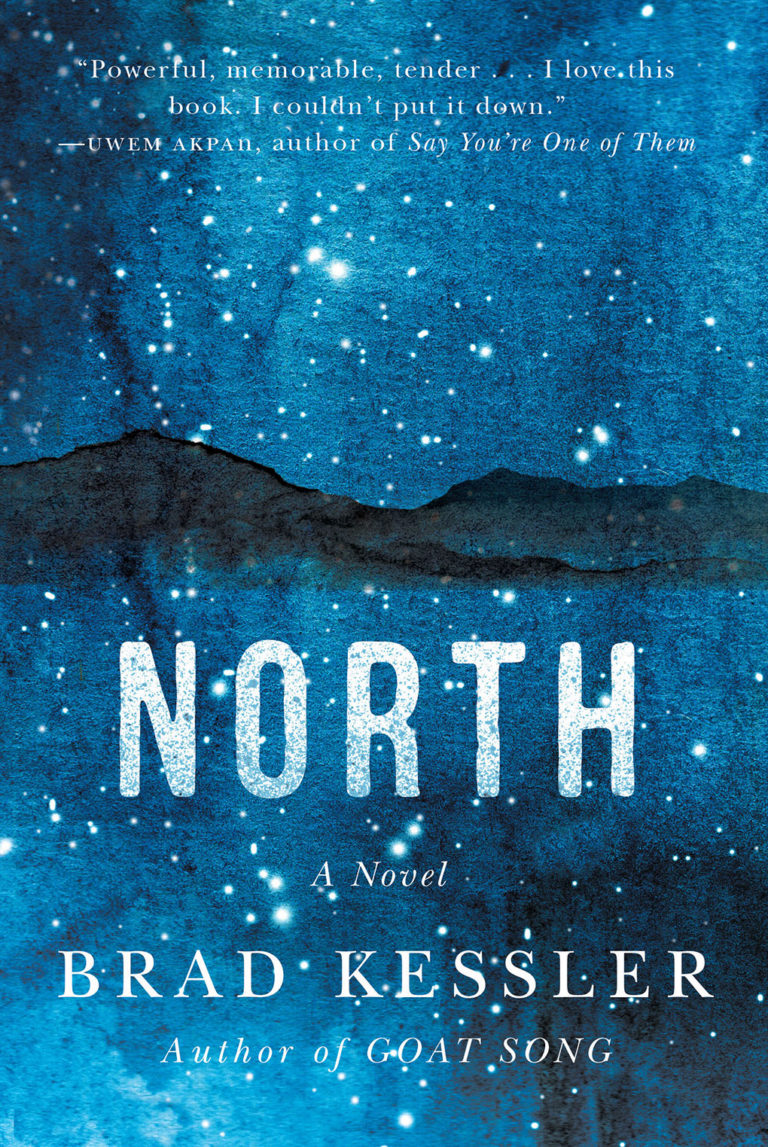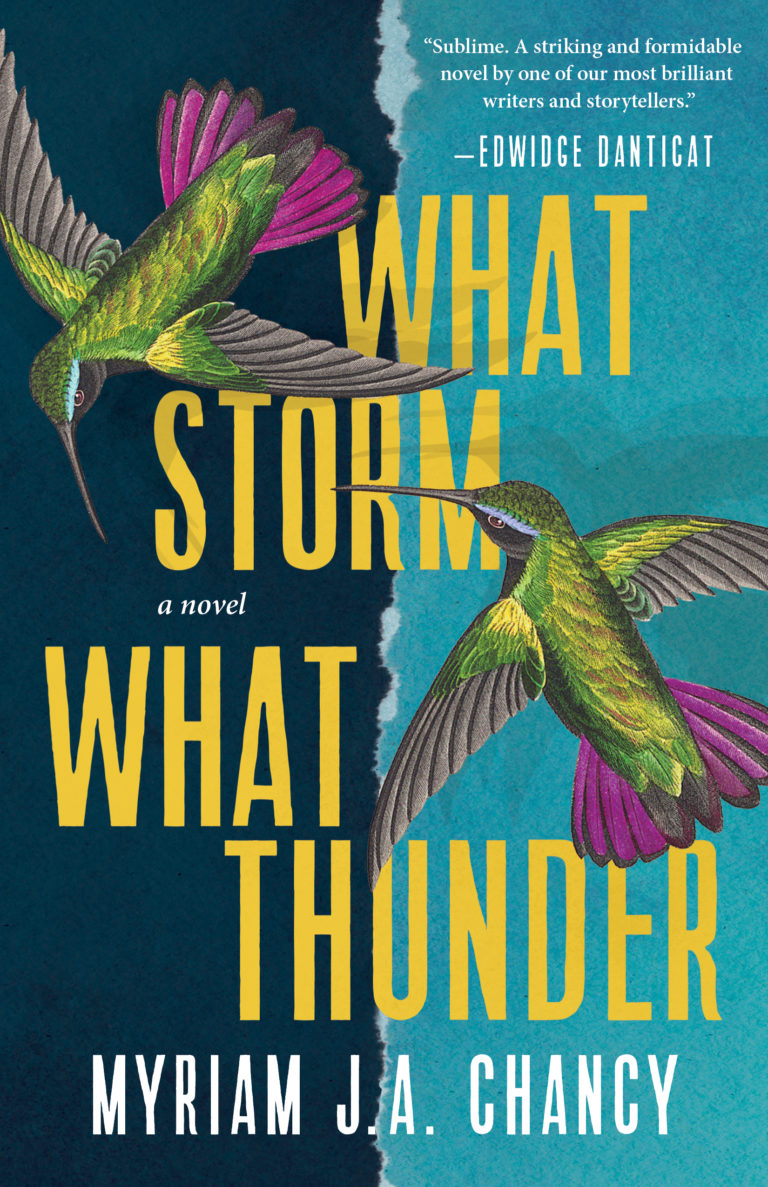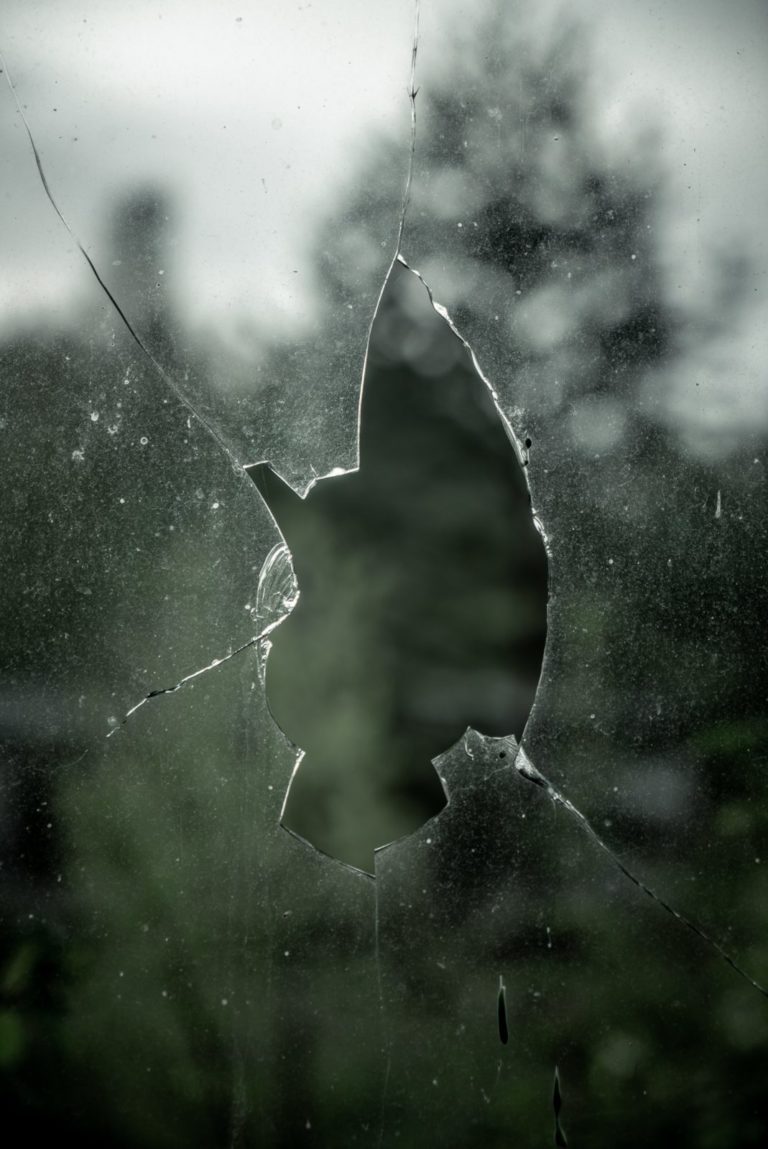Erica isn’t gifted in languages. Once long ago, she signed up for a German class and lasted exactly three days. Then, in the summer before her third year at Barnard, fresh from her sojourn stitching together the outlier states of Europe—the still-unified Yugoslavia, the split Germany, the still whole Czechoslovakia, Trieste in Northeastern Italy, Thessaloniki in Eastern Greece, Crete—and then extending her tour to the mysteriously much younger and much older, and in many cases still stateless regions of the Middle East—Kurdistan, then Istanbul, Jerusalem and the West Bank, Berber North Africa—she decided she would take the Classics, ancient Greek and after it Latin. The decision was like saying she would run blindfolded across an eight-lane highway, or play Russian roulette, an act not of risk-taking but of self-immolation, a leap into something wholly other that wouldn’t have made sense for most people but for Erica it made such good sense that it gave her strength in the way things do when we do them in the right way and at the right moment, not according to some larger idea but just in terms of the frame fitting the picture, or in this case the right irrational choice for a certain person at a certain time. Erica was nineteen, and nineteen wasn’t so different in her case from forty-one, the age she is now, or eleven—an old soul with wild hair and fat cheeks, in love with the world and everything in it.
The funny thing was that once she began studying classic languages, she took to them. This didn’t mean that she was good at them. She never really was good. But she enjoyed her classes and especially enjoyed her quiet and quirky fellow students, so unlike herself, otherworldly individuals who seemed to have appeared out of nowhere to populate her classics classes like mushrooms appearing in the forest after days of rain, manifest in all sizes and, strangely, possibly dangerously, colorful and attractive.
Afterward, she would look back on the experience of studying Greek and then following it with several years of Latin as if this had happened to someone else, to a wholly different person. So different was this course of inquiry from everything she already understood about using her brain that being a student of ancient Greek and then Latin felt like finding another person inside herself, alive but deeply buried under layers and then more layers, shroud after shroud, bricks and mortar, and this buried self whom she recognized as herself and yet not, the sight of her after so long was in equal parts painful and exhilarating to Erica; her buried self was someone she’d spent her whole life fleeing, the part before all her devious, innocent, clever and stupid ways of getting on in the world came to bear, the person she would be if she lived in heaven with no place to get to and nothing to protect herself from or to prove.
And then the work of getting to know this other person, getting to the point where she enjoyed the presence of this more naked version of herself, this steadier, humbler, plainer version, an impossible and wonderful process that became something she would always associate with ancient Greek and then Latin, absurdly and at the same time truly and undeniably.
***
On the first day of the first intensive course, on a warm July day in 1986, the students were given the entire Greek alphabet to memorize by the next morning. Erica looked like a Gypsy, someone foreign who wasn’t from here but who, you could tell at a glance, didn’t have a home in any other country either, someone whose country of origin was the wandering life itself. Her backpack was like the ruin of a backpack from a bygone era, a backpack from the sixties that belonged in a museum. She wasn’t so much hungry to learn and heedless of the future as she was recovering from a massive data dump into her brain, into her very being, all that she’d seen and done over the past school year resonating and reverberating inside her. She was in recovery, not from drugs or alcohol, but from the sensory overload of dozens, perhaps hundreds of museums visited in different countries, thousands of years of history that somehow had survived, a miracle repeated over and over, and of train stations slept in, a lingua franca of student travel because though the languages posted on the signs were all different, they said the same things in their different languages, and the polished marble floors were all the same and the cathedral-like ceilings and the lines of rail disappearing into the distance, these too were all the same no matter what city in no matter what country you were in, all part of a vast and mute network of finitudes and infinitudes, and you slept there, sprinkled atop the floor in clumps with other travelers like insects on water or the poppy seeds on cakes. The seven months she had been actively traveling had convincingly wiped the slate clean, in the same way as if she had been on LSD for those seven months, had made her doubt all the certainties of what she would have said before amounted to her steadfast identity. Whatever had been her fixed points had now been replaced by moving ones.
***
By comparison with all the broken lines of old Europe, this picturesque American college campus in its urban setting was an oasis of neoclassical straight lines that ended in close corners of cool limestone and granite, not only an oasis from the surrounding city streets, but also, almost spaceship-like, as the effluence of self-perpetuating elites in a stable and still young country, in sharp contrast to the old and twice-destroyed landscape across Eastern and Western Europe where she’d recently been. Erica’s eyesight was blurry, which she chalked up to the shock of how different the quality of light and the shapes of this world were from the light and shapes of the Old World. She felt whole, vibrantly whole, but torn between another world and this one, stretched thin. So the feeling of using her brain in new ways was refreshing in the way of another trip, another journey, memorizing ancient Greek a lot like learning to walk on your hands in order to see the world upside down—after being introduced to so many different ways of seeing the world around her through the lenses of distant cultures, here was something completely new.
She and her classmates grew accustomed to performing exercises that don’t exist in English—Erica parsed verbs and declined nouns. Every word had a tail, and you looked under the tail of every word to see what it had there. She liked sitting motionless at her desk thinking about grammar and syntax. All the ways ancient Greek and then Latin were altogether different from English and other modern languages. Not gifted in languages, she still spoke a dozen or so very badly from her travels, bits and shards that she would use haltingly in whatever country she was in, before usually reverting to English, with the unintended effect of making her familiar suddenly, whether as an object of derision or fascination, American girls representing a point of interest internationally in a way that the English or Irish did not, a little like how California girls do in the rest of the United States. Now she and her fellow students were memorizing whole poems and pithy phrases, whole pages from political orations, Pericles’ speech at the start of the war with Sparta, for example.
***
There is an illustration from a book about cats that attempts to show what it feels like to be one. Erica remembered it, then went and found it, without knowing why. The illustration shows where an animal is most sensitive to touch by presenting those areas as larger than other areas. In the illustration a cat’s head, for example, is swollen to three times its actual size for its love of having its head stroked and petted. The cat looks bizarre in the picture, but after she had looked at it for a long time, it seemed almost normal to her. We’re all exactly like that, she decided. Humans, illustrated in the same way, would be swollen around the middle and at the top, bulb-shaped or barbell-shaped, with little limbs sticking out, more turtle or crab or sand dollar than the long-limbed, elegantly shaped creatures we were made to be.
***
In her English composition and literature classes Erica was used to being an excellent student without half-trying, but she never was as proud of her accomplishments in those subjects as she grew to be of her mediocre performances in ancient Greek and then Latin. And while she never became one of those brainy classicists she was in awe of, the strangely quiet mushroom people who belonged to this other country where a word or an idea or an organism could survive for thousands of years unchanged or pop up out of nowhere in the middle of the night in a forest, brightly arrayed, a country like the city-state of Venice, guided along waterways, where only dead languages are spoken, where death and long life, or death and explosive new life might somehow be identical, impossibly, synonymous—a sublime country she could at least visit now as a kind of tourist, and find pleasure in being at least an informed tourist there. And then she read Virgil’sEclogues and his Georgics, paeans to tradition and life in a country setting with no use for modernity or war, texts of appreciation.
The strangest part of that summer, though, wasn’t the ancient Greek or the falling back to earth after her European sojourn. It was how little else she was doing. That summer she studied her ancient Greek and enjoyed being back in the US; she had no love affairs, few close friends, spent most of her time alone and mostly liked it that way.
This was a little more than twenty years ago, almost twenty-three. Erica retains only a few phrases, a Latin passage from Catullus: “Let’s live, dear Lesbia, and love!”(Vivamus, mea Lesbia, atque amemus); the first line in ancient Greek of Homer’sIliad: “Sing, Goddess, of the wrath of Achilles and the destruction it wrought upon the Acheans. . .” (Menin aeide thea . . . ). And one that never leaves her that she learned in ancient Greek and Latin, first as Aristotle had it, heteros gar autos ho philos estin, then as rendered by Cicero—a proper name she learned to pronounce with two hard Cs—amicus tamquam alter idem, this aphorism: “A friend is another self.””
She tells me she has always wished for the phrase to mean something just a little different than it does, something like, “I must be my own best friend.” But Erica has gotten to know herself well enough to question her constancy in that regard. There’s a reason, she decided somewhere along the line, why Aristotle hadn’t written the one thing but the other.
